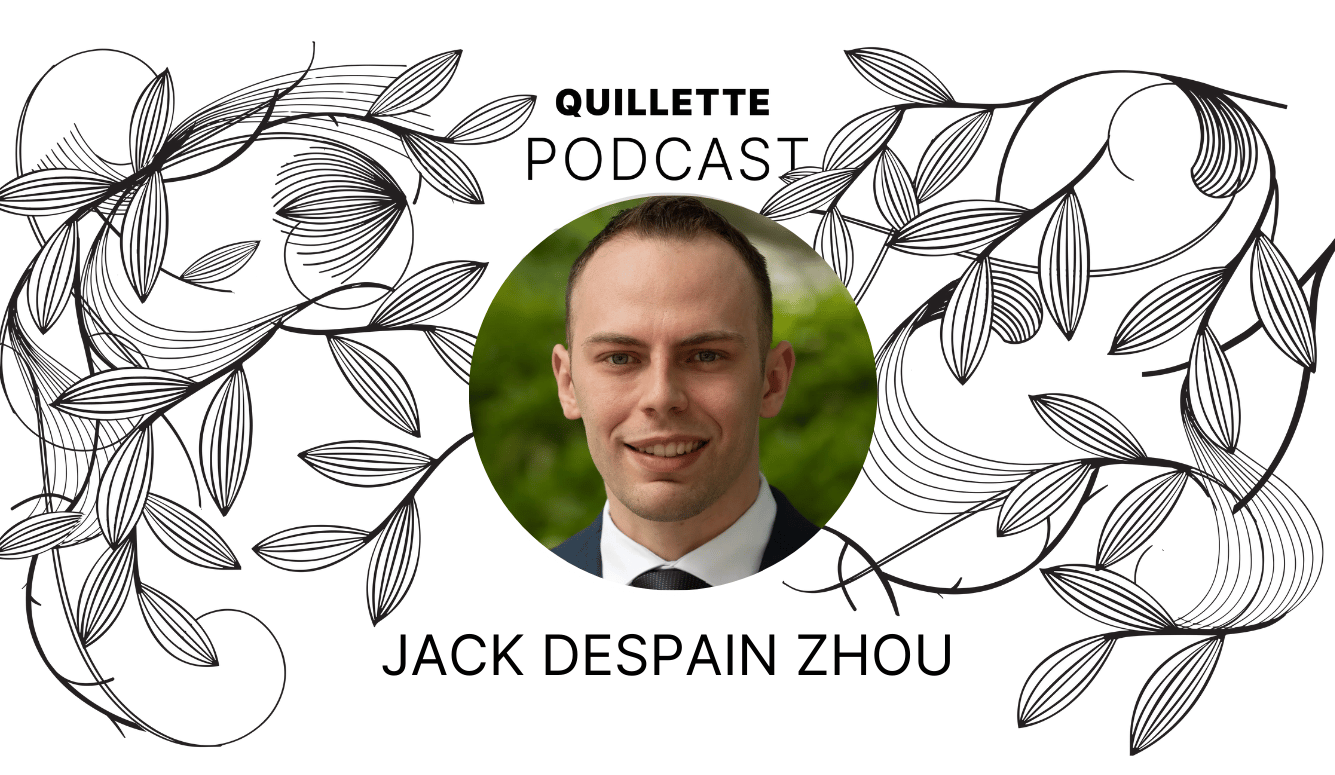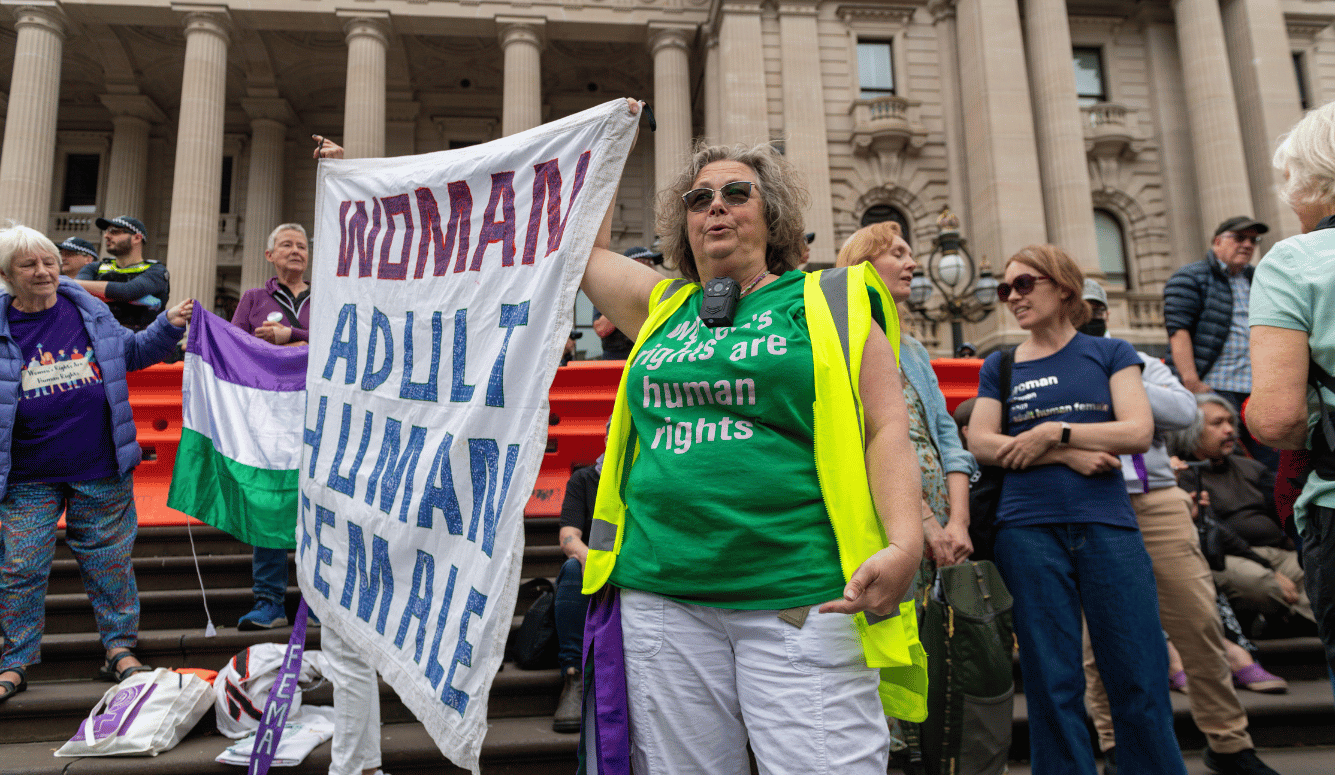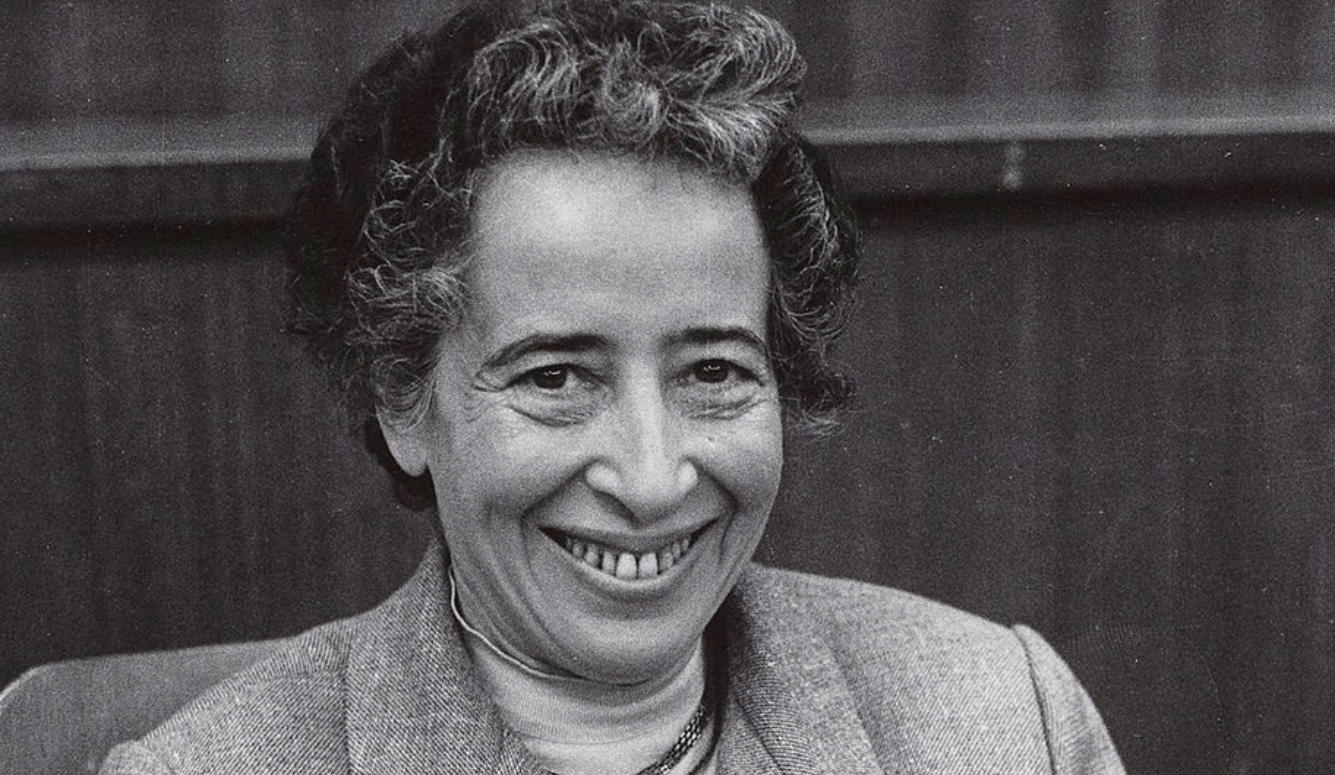The Death of the First Amendment in Cyberspace
Social media became instrumental in the toppling of dictators in Egypt, Tunisia, and Yemen and, in 2010, it was Mark Zuckerberg’s turn to be awarded Time’s Person of the Year.

In 1996, cyber activist John Perry Barlow addressed national governments in his Declaration of the Independence of Cyberspace; a radical call for complete online freedom. “I declare,” he wrote, “the global social space we are building to be naturally independent of the tyrannies you seek to impose on us.”
In the early 2000s, it seemed as if Barlow’s Declaration was becoming a reality. In 2006, Time magazine named “You”—that is to say, all of us—as their Person of the Year:
It’s about the many wresting power from the few and helping one another for nothing and how that will not only change the world, but also change the way the world changes. The tool that makes this possible is the World Wide Web.
Social media became instrumental in the toppling of dictators in Egypt, Tunisia, and Yemen and, in 2010, it was Mark Zuckerberg’s turn to be awarded Time‘s Person of the Year. A couple of years later Twitter confidently declared itself ”The free speech wing of the free speech party.” This commitment to the global spread of radical free speech and openness was specifically informed by the First Amendment. Through the embrace and global reach of Silicon Valley, it seemed for a brief moment as if American free speech exceptionalism would go viral and impose a Libertas Americana upon cyberspace.
But less than a decade later things look radically different. In a prevailing atmosphere of anxiety, the digital promised land has turned into a dystopia of surveillance, disinformation, trolling, and hatred. As evidence of Russian interference in the American presidential election emerged, the platforms once hailed as the global infrastructure of freedom and democracy are now widely seen as the enemies of these values. In April 2018, the New York Times called Zuckerberg “an Enlightened Despot,” and argued that Facebook and Twitter had been “turned into engines of deception and propaganda.”
Democratic governments have responded to these developments with increasingly draconian measures, prompting tech giants to take desperate rear-guard actions that abandon the imperial project of spreading global civil libertarianism online. In 2016, companies like Facebook and Twitter agreed a voluntary code of conduct with the EU under which they have to remove “hate speech” within 24 hours. A similar agreement relating to fake news has also been adopted. Most recently, the EU has announced new laws obliging tech companies to remove “terrorist content” within an hour or face fines of up to four percent of global revenue.
But EU member states also restrict online speech through national laws. In 2017, Angela Merkel’s Germany passed the Network Enforcement Act, which requires social media platforms to remove illegal content within 24 hours or risk fines of up to 50 million EUROs. In July, the French Parliament passed a law aimed at combatting fake news. The British government is reportedly planning an online censorship regime with a regulator empowered to sanction social media platforms that fail to remove illegal content such as hate-speech and terror propaganda, as well as ”enforcing new regulations on non-illegal content and behaviour online.”
These measures have put pressure on social media companies to establish sophisticated online censorship. In Germany, Facebook operates a “deletion center” staffed by more than 1,200 “content moderators.” In 2017, Facebook removed 288,000 posts a month globally for violating its hate speech standards. And, most recently, independent anti-establishment content “created to stir up political debate” has been purged.
In a 2017 hearing in the British Parliament, Twitter officially renounced its non-negotiable commitment to free speech. A Twitter VP announced that the platform was ditching its “John Stuart Mill-style philosophy,” because “it’s no longer possible to stand up for all speech in the hopes society will become a better place….And we do have to take steps to limit the visibility of hateful symbols, to ban people from the platform who affiliate with violent groups—that’s the journey we’re on.” And so, in September 2018, Twitter adopted new guidelines prohibiting “dehumanizing speech.” “Be Sweet when you tweet” is the new motto. Google too has acknowledged the fundamental shift towards restricting more content in an internal memo entitled “The Good Censor,” leaked earlier this month.

In short, Big Tech has pivoted from the stubbornly principled “viewpoint neutrality” of the First Amendment towards the European approach of “balancing” free speech against competing interests. This includes exempting specific categories such as “hate speech” from protection altogether. Big Tech’s Great Purge does not violate the First Amendment. Americans remain free to post controversial content that would violate European hate speech laws online. They just can’t do so on Facebook, Instagram, Twitter, or YouTube. But since 68 percent of Americans use Facebook, 72 percent use YouTube, and 24 percent use Twitter, often to read and comment on news, the shrinking space for online content and consequent muddying of the distinction between public and private space is likely to limit the practical effect of the First Amendment even so. From being the colonizers of cyber space Americans are now being colonized by the standards adopted in Brussels and Berlin.
Should we care? Anyone with a social media account has witnessed or experienced appalling racism, bigotry, and misogyny. Social media has also been fertile ground for terrorist propaganda. Apart from trolls and bellicose keyboard warriors, few will miss the abuse which inevitably fills up threads and comments. Might not the European “balancing act” be a welcome correction to the American model which all too often appeals to the lowest instincts of raw human tribalism? Perhaps in theory. But once the limits of free speech are determined by subjective terms such as “hate speech” or even “offense,” the red line will inevitably be drawn in an inconsistent and arbitrary fashion, targeting speech that clashes with the most deeply held beliefs of those in power.
Among the examples of speech which the European Court of Human Rights has found to fall outside the protection of free expression are advocacy of boycotting Israel, Holocaust denial (but not denial of the Armenian genocide), Islamism, comparing Islam with terrorism, offending the religious feelings of Christians and Muslims, anti-Muslim bigotry, anti-Semitism (including satire), glorification of terrorism (including satire), and homophobia. This has given European states a wide margin to prosecute social media posts deemed offensive or hateful.
In 2016, British police detained and questioned more than 3,300 people for “grossly offensive” comments on social media. That’s roughly nine arrests a day. In 2018, a British YouTuber was convicted for posting a comedy video in which he taught his girlfriend’s pug to perform a Nazi salute and respond to anti-Semitism. Soon clicking through to online terrorist material may be punishable with up to 15 years of prison, even if you have no terrorist intent. The dangers of arbitrary and inconsistent viewpoint censorship are only increased when enforced by global tech companies using opaque procedures that fall woefully short of due process and are insensitive to local context, including sarcasm and humor.
This problem is already manifest in current practice. While it is likely that far-Right extremists bear the brunt of online purges there have been numerous examples of social and racial justice activists caught up in Facebook’s dragnet. Moreover, it is not difficult to find puzzling examples of inconsistent enforcement. While far-Right conspiracy theorist Alex Jones has been thrown off Facebook, numerous groups dedicated to Stalin remain. For instance, the 3,600 members of “In Defence of Stalin” claim to be the “world’s largest cyber community of Pro-Stalin people committed to refuting propaganda & lies concerning J. V. Stalin.” Is it more reprehensible to deny the horrors of Sandy Hook than to deny the horrors of Holodomor and the Gulags?
You could still argue that these are the unavoidable consequences of trying to police the speech of a billion people and that, such bugs notwithstanding, the European model is preferable to the American alternative. But there are good reasons to fear that the “balancing” approach will result in laws against “hatred,” “offense,” and “extremism” functioning as a trojan horse for ever more restrictive layers of censorship by actors with no commitment to free speech.
Europe may have scored a significant political victory by imposing its standards of free speech on Silicon Valley. But it is also true that, in general, European geo-political influence is in decline and democracy is in “recession.” This has had consequences for free speech too. In 2016, Germany gave in to Turkish demands that a German comedian be charged with insulting President Erdoğan. And the German Network Enforcement Act has been copy-pasted by Russia, where it will almost certainly be used against dissidents and critical media. China is increasingly seeking to censor online content outside its borders and has successfully requested YouTube remove several videos not available in China, and forced German carmaker Daimler Bentz to apologize for an Instagram post quoting Dalai Lama.
Google’s apparent willingness to give up on almost a decade of principled resistance and surrender to Chinese demands for censorship in order to gain market access is another example of how authoritarian states might be able to impose their standards on Big Tech. In a letter to Congress, Google CEO Sundar Pichai wrote that Google is “committed to promoting access to information, freedom of expression…as well as to respecting the laws of jurisdictions in which we operate. We seek to strike the right balance in each context.” With countries like China calling the shots, the balance is certain to tip in favour of censorship. The European approach will provide Big Tech with a convenient alibi and flexible framework for removing content threatening their commercial interests in illiberal jurisdictions. So, even when guided by the best of intentions, the pivot from free speech “viewpoint neutrality” to “balance” may well end in a firewall.











